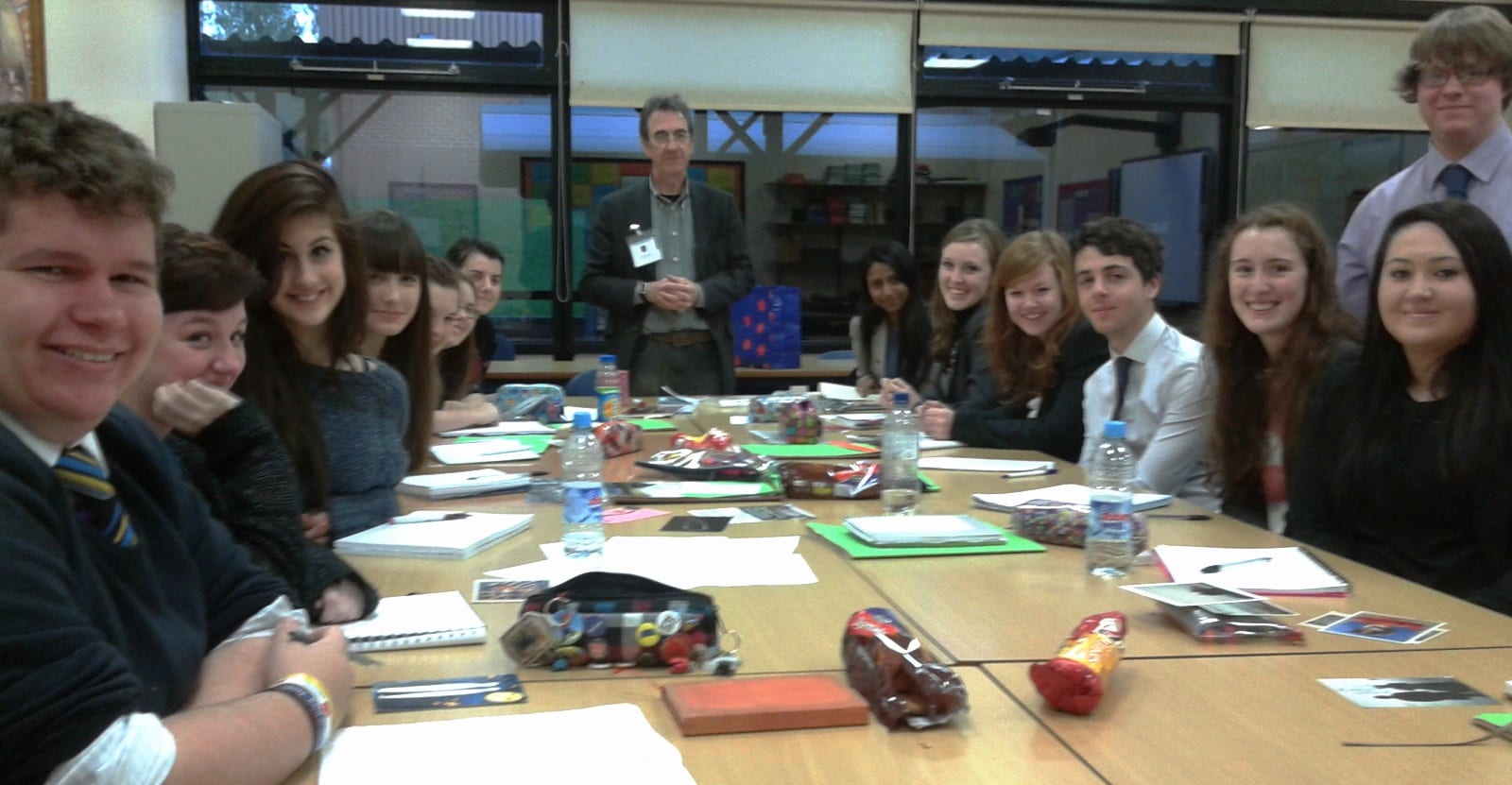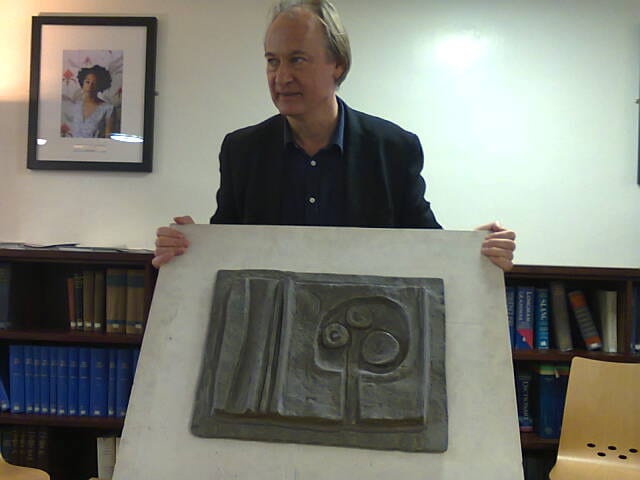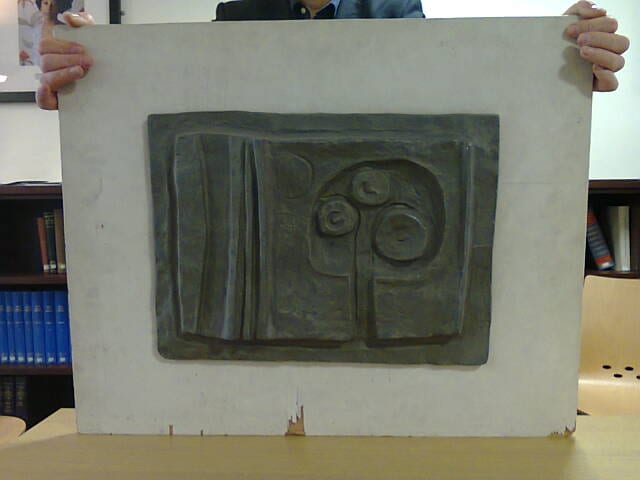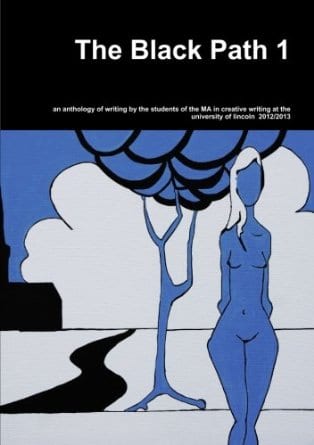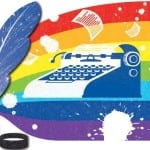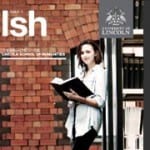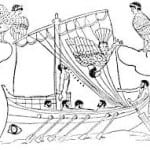
Odysseus resisting the Sirens.
Having posted a couple of reading lists recently I thought I’d compile one of my own.
The list forms an easy introduction to some of the classic works of western civilisation. “Classic” here refers to ancient Greece and Rome plus the Bible, which was produced in the same period.
I’ve put it together partly for my own benefit, to prompt me to do some re-reading but partly in the hope that others will use it. I’m thinking particularly of students of English literature, since an acquaintance with these and other works will prove invaluable in understanding and appreciating many of the texts they’ll be studying.
The texts have been spaced generously over a 12-month period so they can be easily accommodated in other reading.
The video The Essential Value of a Classical Education by Jeffrey Brenzel is a great intro to the whole area.
If anyone finds the list useful or wants to discuss any of the works included, please get in touch. You can always join me on Google+.
CLASSICAL FOUNDATION READING LIST/SCHEDULE
Month 1: The Theban Plays, Sophocles*
Month 2: The Iliad, Homer
Month 3: The Oresteia, Aeschylus**
Month 4: The Odyssey, Homer
Month 5: The Last Days of Socrates, Plato***
Month 6: Metamorphoses, Ovid
Month 7: Odes, Horace
Month 8: The Aeneid, Virgil
Month 9: The Nature of the Universe, Lucretius
Month 10: The Bible (King James Version only).The Old Testament: Genesis; Exodus
Month 11: The Old Testament: Psalms, Proverbs and Ecclesiastes
Month 12: The New Testament: Matthew, Mark, Luke and John, plus Revelation.
* The Theban Plays: Oedipus Rex, Oedipus at Colonus, Antigone.
** The Oresteia: Agamemnon, The Choephori (The Libation-Bearers), The Eumenides.
*** The Last Days of Socrates: Euthyphro, Apology, Crito, Phaedo.
NB I haven’t specified which translations or versions of the texts. Most of my copies are old Penguin editions, but I will be buying newer ones and perhaps comparing different versions.
The only book where I have specified the version is the Bible. The King James (Authorised) version is important because the language itself has had such a powerful and lasting influence on literature in English.
